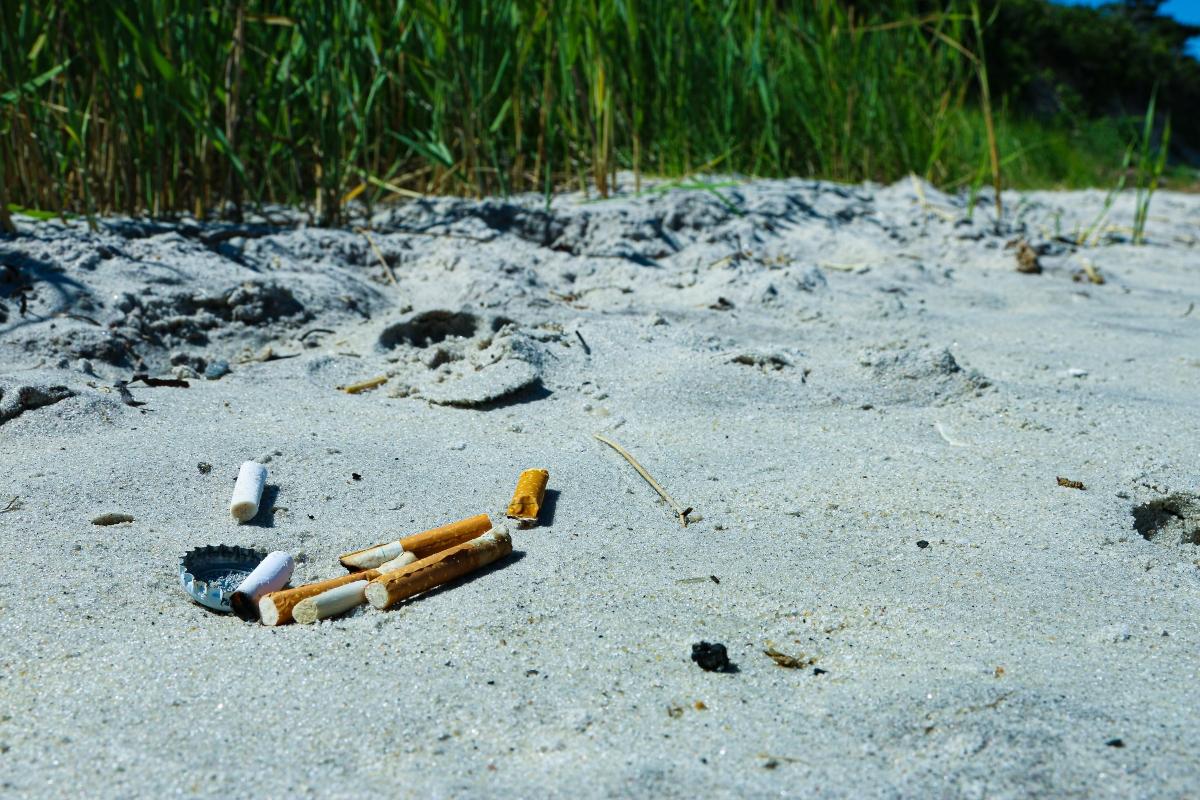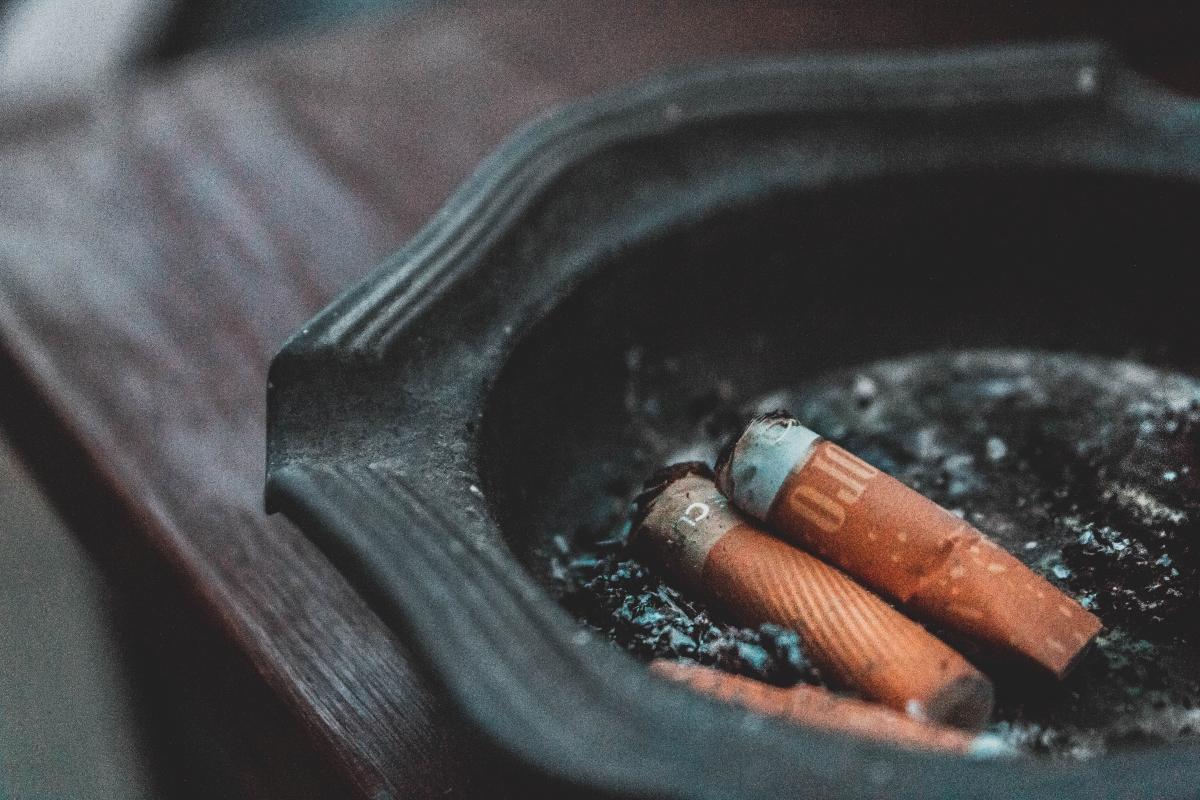More Problems With Cigarettes: How Filters Harm the Environment
Published June 27 2023, 11:28 a.m. ET
As if there weren't enough reasons not to smoke cigarettes, a study shows more problems with the tobacco industry, including dangers to wildlife ecosystems. Although they have been marketed as making smoking less deadly, cigarette filters can be toxic to the environment. Here's why littered cigarette butts, or filters, are so dangerous.
According to Tobacco Tactics, over 90 percent of cigarettes sold worldwide have a filter made of cellulose acetate, which is not biodegradable. Plus, filters don't offer health benefits or make smoking less harmful to humans. They're bad news for the environment, which is just one more reason to avoid smoking.
Why are cigarette filters bad for the environment?
Scientists have already known that cigarette filters don't make smoking cigarettes any healthier, but the damage goes far beyond the considerable risk to smokers' health. A study published by the journal Microplastics and Nanoplastics shows that toxins in filtered cigarettes are dangerous to aquatic and other environments, whether smoked or unsmoked cigarettes.
Researchers at the University of Gothenburg discovered that toxins in cigarette filters caused a 20 percent higher mortality rate in aquatic mosquito larvae. There are other potential damages to other aquatic organisms as well.
The journal study states that cigarette filter litter finds its way into aquatic environments due to wind, rain, storm sewers, or drainage systems. Chemicals like pesticide residuals, chemicals from filter production, and the combustion process can all leach into the water. One smoked cigarette releases about 100 fibers per day within 14 days.
What's so important about mosquito populations?
Although many of us think of mosquitoes as a nuisance due to those summer bites, keeping mosquitoes out of your yard is very different from the harm caused by cigarette filters. The Cooldown explains that mosquitoes play an important part in a healthy ecosystem. They're pollinators, and they are a food source for numerous other organisms.
Toxins in cigarette butts are harming mosquito larvae populations, which are part of the aquatic food supply. Fish and dragonfly larvae, for example, feed on mosquito larvae.
Bethanie Carney Almroth, professor of ecotoxicology at the University of Gothenburg, says in a press release, “The filter is full of thousands of toxic chemicals and microplastic fibers, so it’s not just any piece of plastic that’s being discarded into the environment. It’s hazardous waste.”
People's behavior with cigarette butts is also concerning.
In addition to studying the effects of cigarette filters on the environment, researchers noted that smokers in Gothenburg tended to throw cigarette butts on the ground even when ashtrays were nearby. The study found that smokers thought they only littered one of ten cigarettes, but in reality, they littered two out of three cigarettes.
StudyFinds notes that 4.5 trillion cigarette butts are discarded annually worldwide, but 65 percent don't reach a trash can or ashtray. Further, even unused filters have about 4,000 chemicals. Each filter has about 15,000 microplastic fibers, leading to 300,000 tons of plastic fibers leaking into the environment per year.
Professor Almroth of the Gothenburg study says of these reasons, in addition to the fact that filters don't improve smokers' health, "That's why they have to be taken off the market entirely. The problem should be prevented in the first place, rather than cleaned up later."
Hopefully, as more studies continue to release, more people will take the issue of cigarette filters more seriously.


